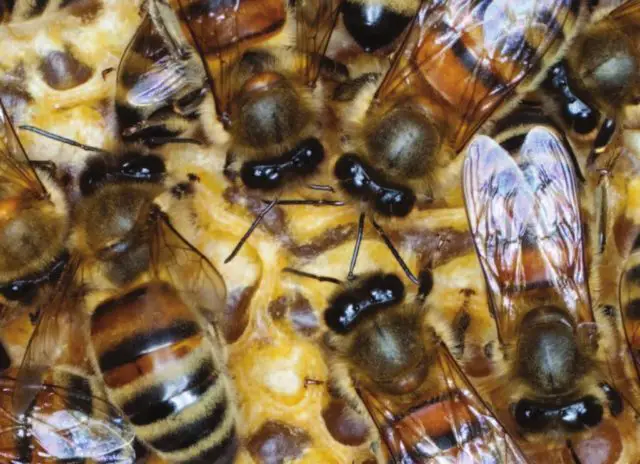Researcher Laura Chavarría is studying social wasps to determine the presence of actinobacteria (producers of antibiotic substances) in these colonies and to test their antibiotic activity.
Insects are a group of essential organisms in ecosystems since they pollinate floral plants, spread seeds, and improve soil texture, among other functions. With the emergence of areas such as biotechnology, studies of insects are changing focus.
An example of this is the study of social wasps that is being carried out by scientists from the Biotechnology Research Center (CIB) of the Tecnológico de Costa Rica (TEC) to determine the presence of actinobacteria (producers of antibiotic substances) in these colonies and test its antibiotic activity.
The research is coordinated by Laura Chavarría, an entomologist specialized in the study of social wasps. During the first stage of the study, she was supported by Johnny Peraza, a researcher at the CIB and Roberto Avendaño, from the National Center for Biotechnological Innovations (CENIBiot). In the second stage, William Rivera from the CIB collaborated with her.
During her research, the entomologist separated the microorganisms with the morphology of actinobacteria and was able to identify actinobacteria and microscopic fungi -producers of antibiotic substances- associated with nests that are possibly used by social wasps to protect their young from infections. Then the identity of the actinobacteria and fungi was corroborated by DNA analysis.
Based on this premise, the scientist deduced that wasps, like other insects, have some defense system, such as the relationship with actinobacteria and fungi that produce antibiotic substances.

To continue with the investigation on the presence of actinobacteria in colonies of social wasps, Chavarría is isolating, in a second stage of the project, microorganisms from the salivary glands and the cuticle of adult wasps, to confirm if these are the ones that disperse the antibiotic substances in the colony. This stage of the project is still under study and it also collaborates with William Rivera, the researcher at the CIB.
According to the researcher, so far, the results obtained from the presence of actinobacteria are very promising because 90% of the isolates showed antibiotic activity. Also, she notes that, at present, there is a resistance of pathogenic microorganisms to drugs traditionally used to combat infectious diseases and this type of research (with social wasps) is very important for obtaining new antibiotic compounds.
“We hope to continue conducting this type of research using other species of wasps and insects and to be able to carry out tests against other pathogens (infectious agents that can cause disease) in humans, as well as in animals and production plants,” Chavarría concluded.

